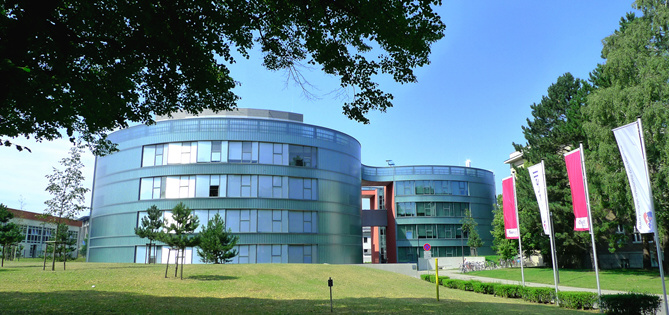Semin Cancer Biol. 2018 Jun 29. pii: S1044-579X(18)30018-X. doi: 10.1016/j.
Emerging functional markers for cancer stem cell-based therapies: Understanding signaling networks for targeting metastasis.
Marquardt S, Solanki M, Spitschak A, Vera J, Pützer BM.
Metastasis is one of the most challenging issues in cancer patient management, and effective therapies to specifically target disease progression are missing, emphasizing the urgent need for developing novel antimetastatic therapeutics. Cancer stem cells (CSCs) gained fast attention as a minor population of highly malignant cells within liquid and solid tumors that are responsible for tumor onset, self-renewal, resistance to radio- and chemotherapies, and evasion of immune surveillance accelerating recurrence and metastasis. Recent progress in the identification of their phenotypic and molecular characteristics and interactions with the tumor microenvironment provides great potential for the development of CSC-based targeted therapies and radical improvement in metastasis prevention and cancer patient prognosis. Here, we report on newly uncovered signaling mechanisms controlling CSC's aggressiveness and treatment resistance, and CSC-specific agents and molecular therapeutics, some of which are currently under investigation in clinical trials, gearing towards decisive functional CSC intrinsic or surface markers. One special research focus rests upon subverted regulatory pathways such as insulin-like growth factor 1 receptor signaling and its interactors in metastasis-initiating cell populations directly related to the gain of stem cell- and EMT-associated properties, as well as key components of the E2F transcription factor network regulating metastatic progression, microenvironmental changes, and chemoresistance. In addition, the study provides insight into systems biology tools to establish complex molecular relationships behind the emergence of aggressive phenotypes from high-throughput data that rely on network-based analysis and their use to investigate immune escape mechanisms or predict clinical outcome-relevant CSC receptor signaling signatures. We further propose that customized vector technologies could drastically enhance systemic drug delivery to target sites, and summarize recent progress and remaining challenges. This review integrates available knowledge on CSC biology, computational modeling approaches, molecular targeting strategies, and delivery techniques to envision future clinical therapies designed to conquer metastasis-initiating cells.

Kontakt
Institut für Experimentelle Gentherapie und Tumorforschung
Core-Facility Virale Vektor & Genom-Editing Technologien
Biomedizinisches Forschungszentrum
Schillingallee 69
D-18057 Rostock
Sekretariat
Ingrid Winkler
(+49) 381 494-5066(+49) 381 494-5062
ingrid.winkler@med.uni-rostock.de
Department Leben, Licht & Materie
Forschungsbau LL&M
Albert-Einstein-Str. 25
D-18059 Rostock
Forschungsbau LL&M
Albert-Einstein-Str. 25
D-18059 Rostock




